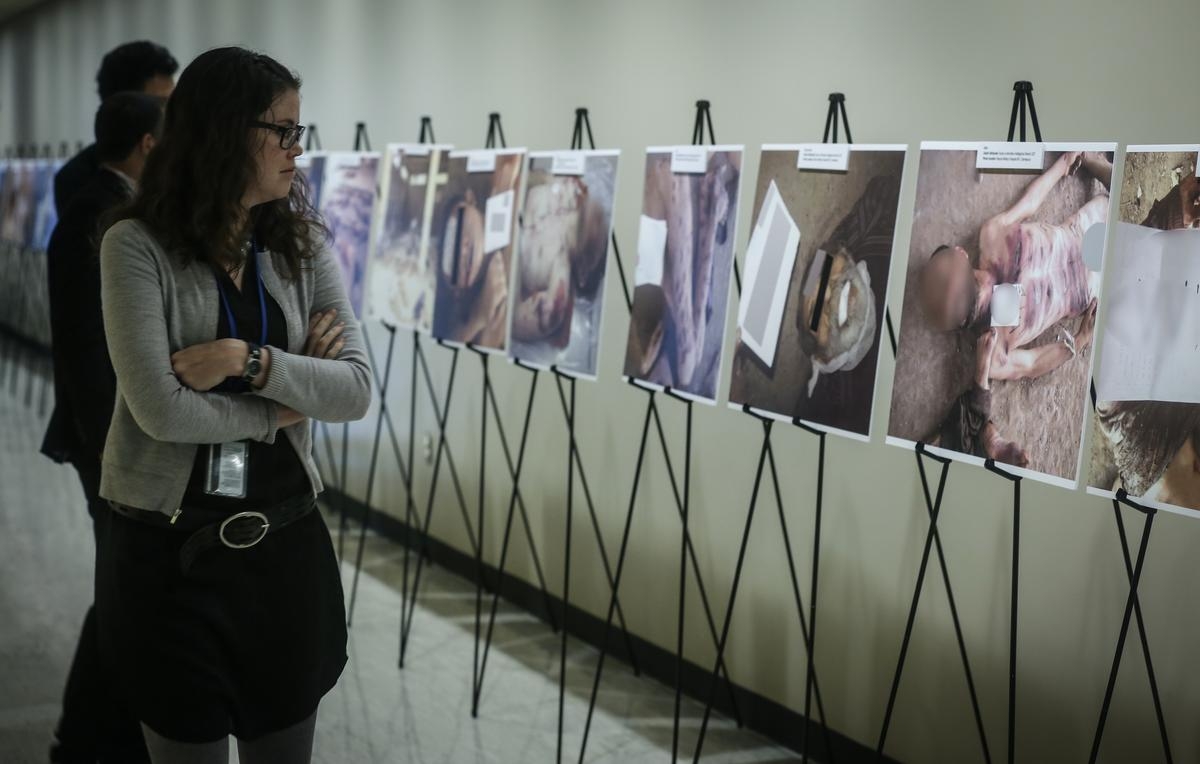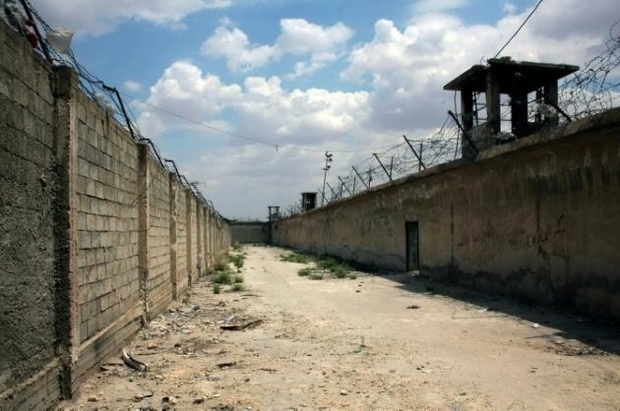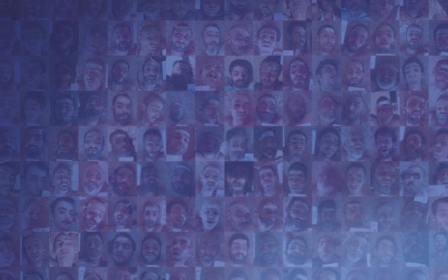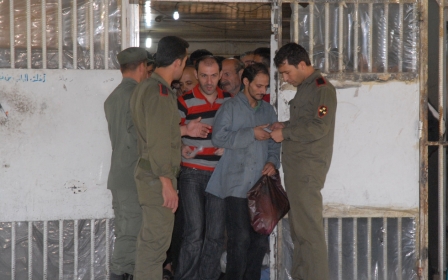Spanish court opens first foreign criminal probe into Syrian war

The first foreign criminal investigation against the Syrian security forces during the six-year war has been given the go ahead in Spain, a move welcomed as an important step in the pursuit of justice.
In a court ruling on Monday, Spain’s High Court said it would investigate a criminal complaint against nine members of the Syrian security services for their alleged role in the death under torture of a truck driver.
‘It’s a big triumph, even if it’s just the beginning’
– Almudena Bernabeu, lawyer
The complaint was brought by a Syrian-born woman with Spanish nationality, who says her brother was tortured and executed in 2013 at a Syrian security centre in Damascus.
London-based Guernica 37 International Justice Chambers is representing the woman, Amal Hag-Hamdo Anfalis, who recognised her brother’s body in a cache of tens of thousands of photos smuggled out by a forensic officer, “Cesar”, who defected from the government.
“It means a lot… it’s a big triumph, even if it’s just the beginning,” Almudena Bernabeu, a partner at the law firm, told MEE.
“Getting decisions like this one fills me with an immense amount of hope,” she said.
“Helping situations like the one in Syria is not easy, but this is a great endorsement.”
The next step, she said, was to summon witnesses, including Hag-Hamdo Anfalis and “Cesar”.
“It means that impunity will not last much longer and gives hope that we will see perpetrators of war crimes and crimes against humanity being judged, even though in absentia.”
“It will definitely contribute to increasing accountability in Syria and will make war criminals think twice before committing more crimes,” Achi added.
“In the future, it will help in the national reconciliation process as it will provide victims with the feeling that some form of justice has been served.”
At least 65,000 people are thought to have been forcibly disappeared in Syria, according to reports from Amnesty and other human rights groups.
Hundreds of thousands more have been killed, and half the population has been forced from their homes, in the now six-year war.
Obstacles ahead
Nerma Jelacic, a deputy director at Commission for International Justice and Accountability, told MEE that while the court ruling was important, obstacles lay ahead.
“The case has enormous importance for the Syrian victims and for those who support international justice,” she said.
“Of course the concerning thing is we are not likely to see the individuals named in the complaint sitting in the dock any time soon,” she added.
The High Court judge has asked Syrian authorities to notify the intelligence and security members to appoint legal representation in Spain. Those individuals include Damascus' head of intelligence, Ali Mamluk, and high-ranking figures including Abdel Fattah Qudsiyeh, Mohammad Dib Zeitun and Jamil Hassan.
The ruling, Jelacic said, has “symbolic importance, but not the type most Syrian victims would be looking for. But it is a signal that some kind of justice is possible.”
Chain of command
While crime-based evidence was important, Jelacic, of the CIJA, said: “What the last two decades of international prosecution has taught us is that the most important evidence is linkage evidence.”
Linkage evidence, she said, “allows us to really get to know in detail the structures and communications between the different structures of the Syrian government,” and, ideally, discover where such orders originate from.
Others named in the case are former Syrian vice president Faruk al-Shareh, Mohamed Said Bekheitan, a senior official with the ruling Baath party, as well as Mohamed al-Haj Ali, General Jalal al-Hayek and Colonel Souleyman al-Youssef.
Judicial authorities in France are also investigating “Cesar’s” photos to see if crimes against humanity have been committed. And lawyers in Germany have also filed a criminal complaint against the Syrian government.
New MEE newsletter: Jerusalem Dispatch
Sign up to get the latest insights and analysis on Israel-Palestine, alongside Turkey Unpacked and other MEE newsletters
Middle East Eye delivers independent and unrivalled coverage and analysis of the Middle East, North Africa and beyond. To learn more about republishing this content and the associated fees, please fill out this form. More about MEE can be found here.





